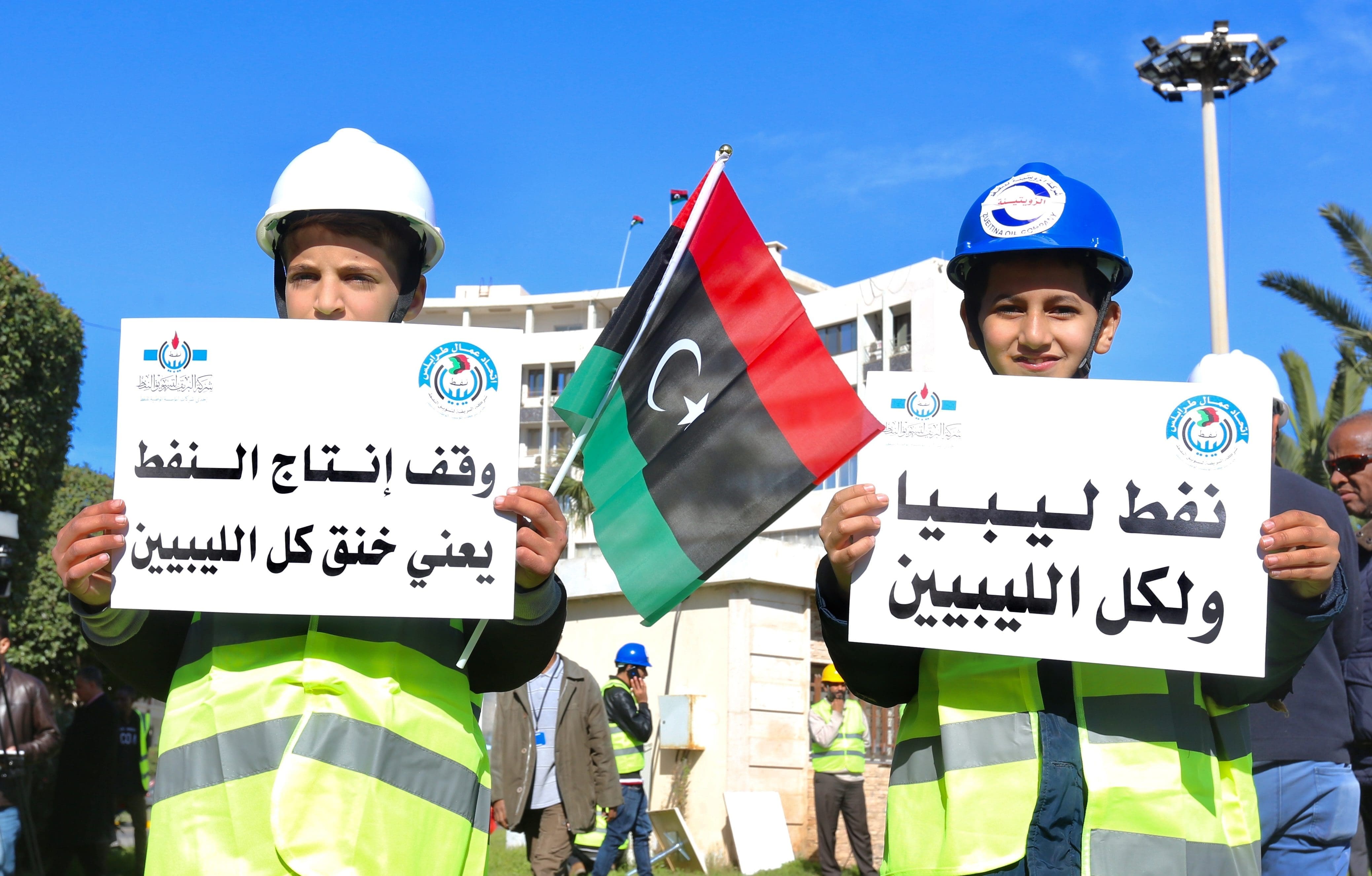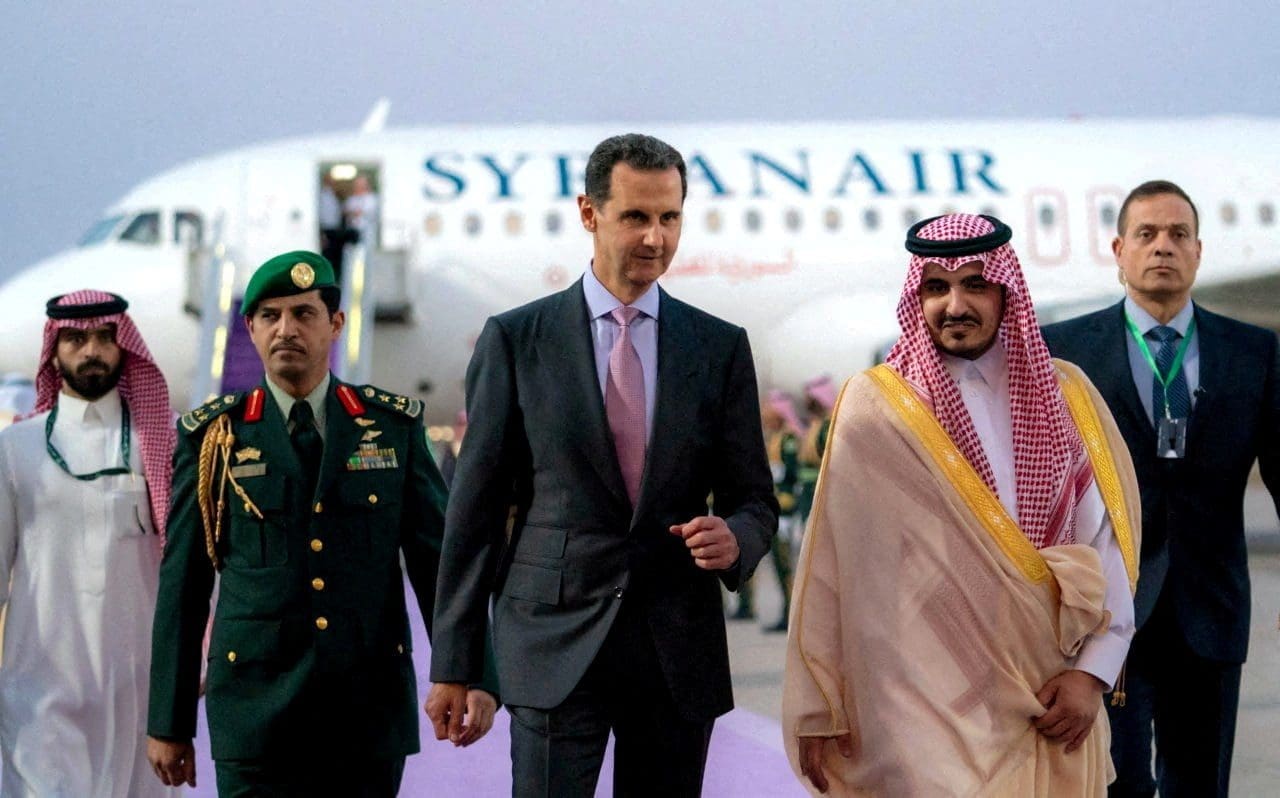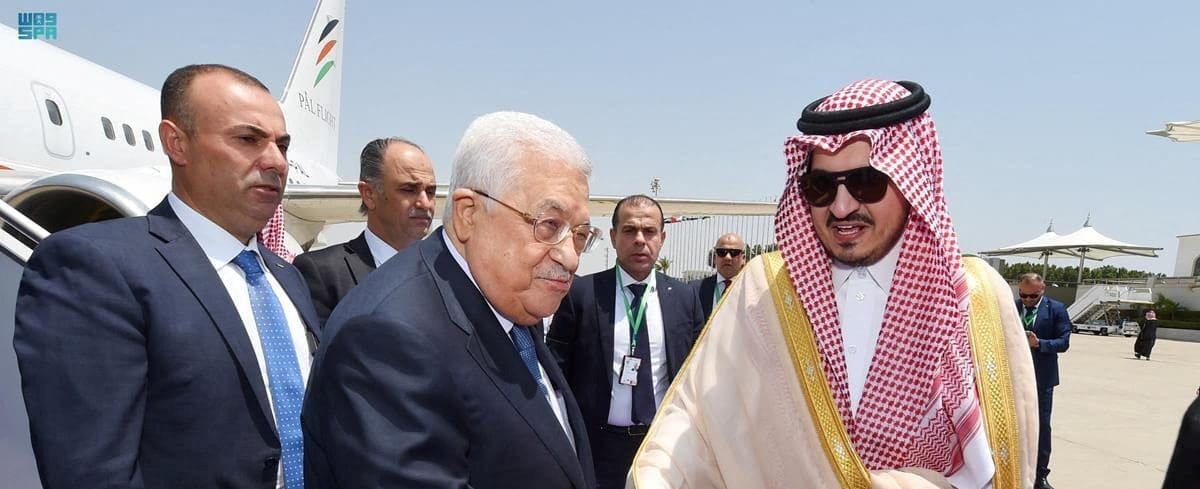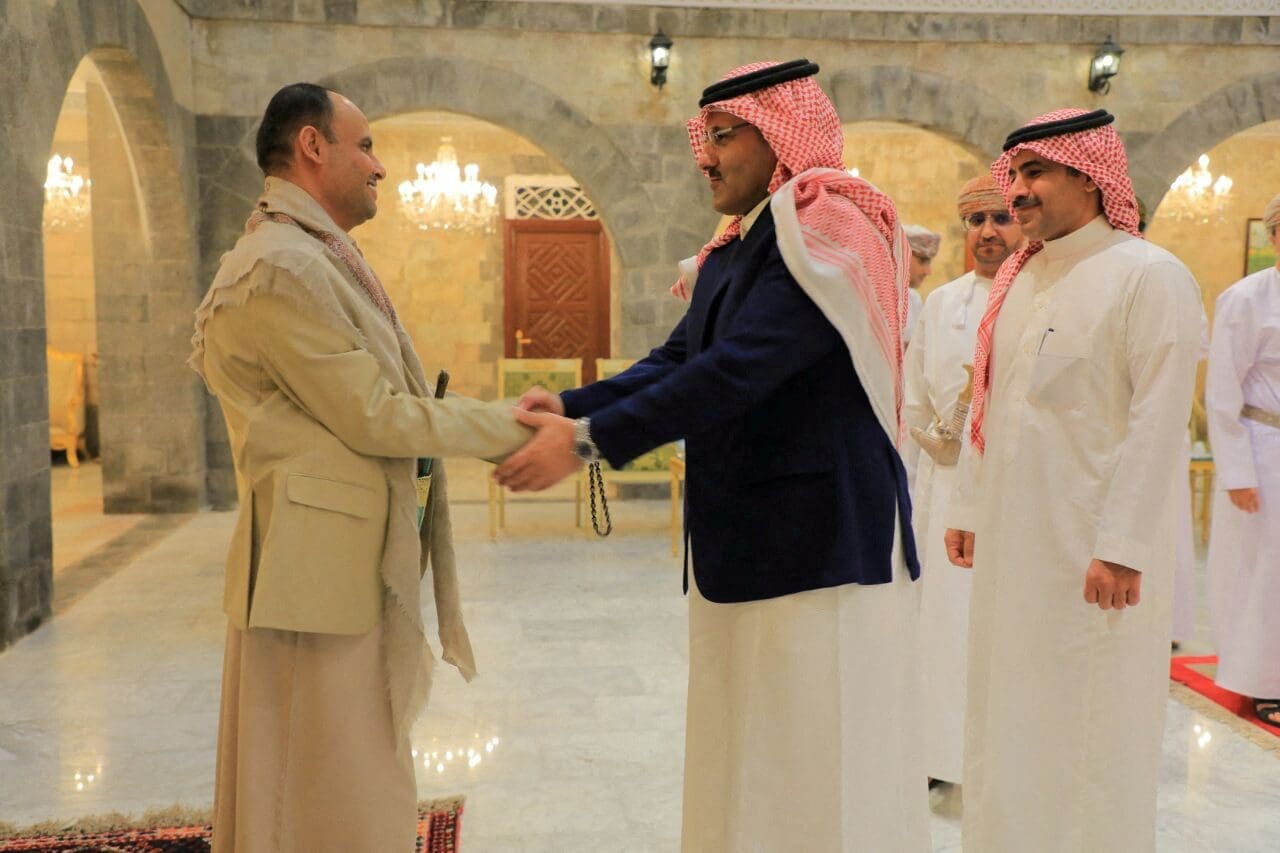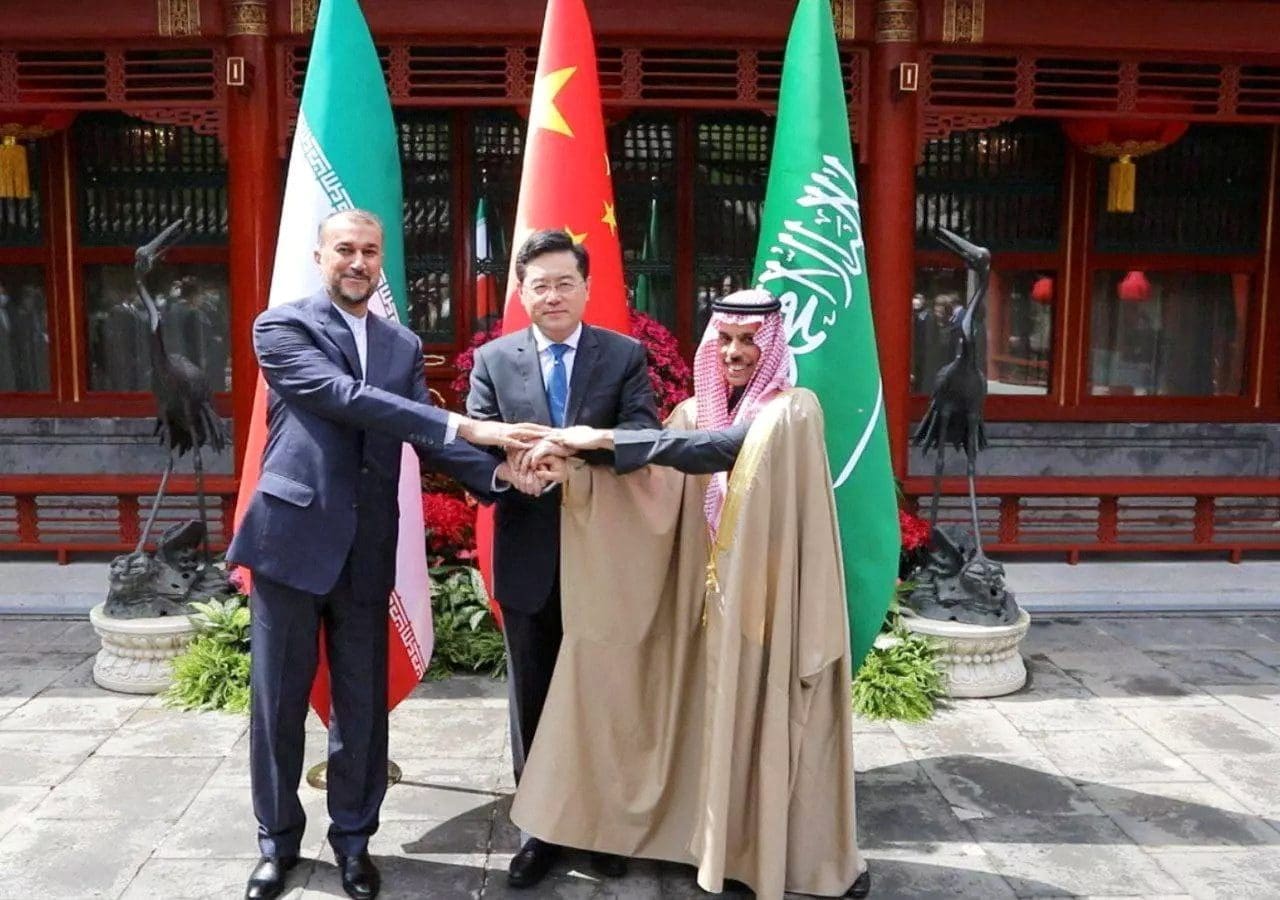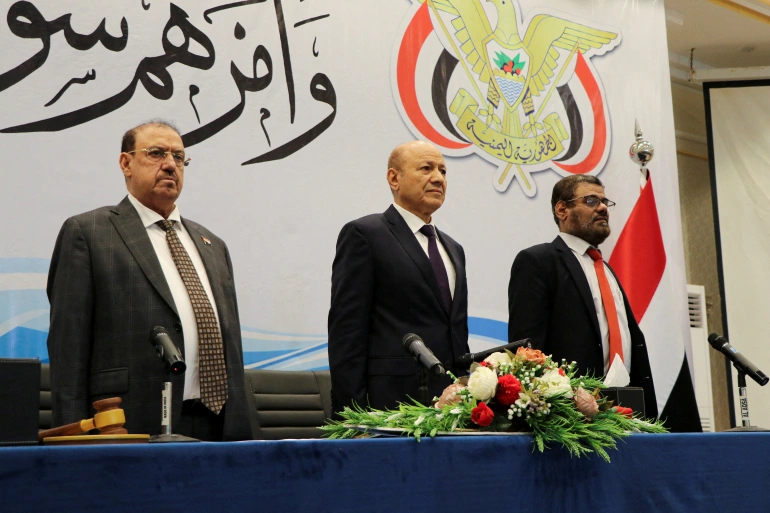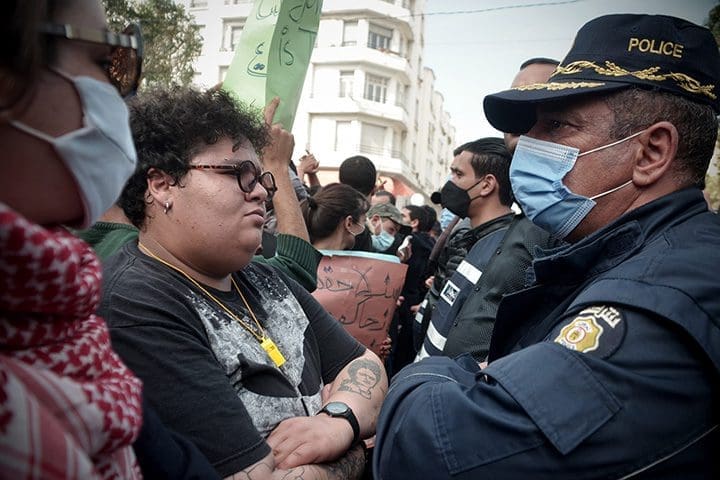July’s military coup against Niger’s pro-western President Mohamed Bazoum has sparked a complex crisis with momentous consequences for the entire region. The latest in a string of military power-grabs across the Sahel, it has drawn a particularly sharp reaction from former colonial power France, which has forces stationed in the country—ostensibly to fight Islamist militants—and… Continue reading A Military Intervention in Niger Would Deepen the Sahel’s Woes
Afkar Issue: MENA Governance
Syria Is Back, But Normalization Has Its Limits
The visit of Iraq’s prime minister to Damascus in July was the latest sign that Syria is mending ties with its neighbourhood, more than a decade after the Arab League suspended its membership over its brutal repression of anti-government protests. As the country’s catastrophic civil war settles, the regime of Bashar al-Assad can chalk up… Continue reading Syria Is Back, But Normalization Has Its Limits
Libyan Effort to Clean Up State Finances Sidesteps Deeper Issues
As political tensions in Libya simmer amid fresh uncertainty over elections, the Libyan Presidency Council recently moved to address another issue at the heart of the country’s divisions. Only July 6, the Tripoli-based body announced it was establishing a High Financial Oversight Committee, with sweeping responsibilities to oversee Libya’s vital oil revenues, scrutinize government budgets… Continue reading Libyan Effort to Clean Up State Finances Sidesteps Deeper Issues
Will Yemen’s New Hadramout Council Lead to Federalism or More Fragmentation?
The creation of a new governing council for Yemen’s largest province could mark a key moment in the country’s nine-year civil war. The Hadhramout National Council (HNC) was unveiled in late June after meetings between influential actors from across the vast eastern province, as well as Western ambassadors, under Saudi auspices. The council, set to… Continue reading Will Yemen’s New Hadramout Council Lead to Federalism or More Fragmentation?
MENA States’ Assertive Approach in the Era of Emerging Multipolarity
As American dominance of the Middle East and North Africa wanes and other world powers step up their efforts to win friends and influence there, long-time U.S. allies are becoming more assertive towards Washington and recalibrating their other ties to better secure their own interests. The growing U.S.-China strategic rivalry will profoundly impact the region… Continue reading MENA States’ Assertive Approach in the Era of Emerging Multipolarity
Interview: What Lies Ahead for Türkiye After the Elections?
1. What accounts for the election results, both in terms of Erdogan’s performance and the opposition alliance’s defeat? What will happen to the alliance now? The election results illustrate that President Erdogan’s campaign narratives of maintaining continuity in tumultuous times, his quest to make Türkiye a powerhouse in international affairs, and the fight against terrorism,… Continue reading Interview: What Lies Ahead for Türkiye After the Elections?
How Does Iran View Syria’s Return to the Arab League?
In May 2023, Syria returned to the Arab League following a near-12-year suspension. The move has far-reaching implications for both the region and the international community. It came after more than a decade of widespread atrocities by Bashar Al-Assad’s regime against its own citizens, abuses that have cast a long shadow over Syria’s relationships with… Continue reading How Does Iran View Syria’s Return to the Arab League?
Will the Saudi-Iran Rapprochement change anything for the Palestinians?
Amid the zeitgeist of diplomatic rapprochement and normalization in the Middle East—which has recently seen Saudi Arabia and Iran mend ties and Syria’s Bashar al-Assad welcomed at this month’s Arab League summit—the Palestinian Islamist movement Hamas took a step forward to repair its own regional relationships. In mid-April, a delegation of senior Hamas officials, led… Continue reading Will the Saudi-Iran Rapprochement change anything for the Palestinians?
Will Türkiye’s Elections Produce a Change in Leadership and Regional Posture?
On May 14, Türkiye will hold its most consequential elections in decades, with implications that extend well beyond its borders. For 21 years, Recep Tayyip Erdogan has dominated the country’s politics, reshaping its identity and outlook at home and abroad, while becoming the most recognizable Turkish politician on the global stage in nearly a century.… Continue reading Will Türkiye’s Elections Produce a Change in Leadership and Regional Posture?
Time to Tackle the Transparency Deficit in the MENA Region
It is widely known that the Middle East and North Africa (MENA) region suffers from a “democratic deficit.” What is less well-appreciated is that the region also suffers from a chronic deficit in transparency. The World Bank’s Vice President for MENA, Ferid Belhaj, recently called attention to this problem, stating that Egypt needs to get… Continue reading Time to Tackle the Transparency Deficit in the MENA Region
Saudi-Iran Rapprochement Unlikely to Bring Lasting Peace to Yemen
A diplomatic agreement between Saudi Arabia and Iran has raised hopes that it could lead to a peace agreement in Yemen, where war has raged with the help of both parties for over eight years. Over the past week, Houthi officials have been holding peace talks in Sanaa with a delegation led by Saudi Ambassador… Continue reading Saudi-Iran Rapprochement Unlikely to Bring Lasting Peace to Yemen
The Saudi-Iranian Deal Is Important, but Don’t Expect a Wider Peace
The March 6 announcement that Saudi Arabia and Iran were re-establishing diplomatic ties was an important moment for the Middle East. The Chinese-brokered deal has the potential to end the devastating eight-year conflict in Yemen and address geopolitical tensions elsewhere. From the Saudi perspective, it may end Iranian proxy attacks on Saudi oil facilities, including… Continue reading The Saudi-Iranian Deal Is Important, but Don’t Expect a Wider Peace
Rising Anti-Refugee Sentiment in Türkiye Unshaken by Earthquakes
The earthquakes that struck Türkiye and Syria in February devastated large areas of both countries, killing over 50,000 people and forcing millions from their homes. It was Türkiye’s worst natural disaster in decades. For Syrian refugees living in the area, it was a double catastrophe. Already forced from their country by war, they now found… Continue reading Rising Anti-Refugee Sentiment in Türkiye Unshaken by Earthquakes
Egypt’s Economic Crisis Heightens Need for Reforms
Egyptians are facing a dire economic situation. Since early 2022, the Egyptian pound has lost more than 40 percent of its value against the U.S. dollar and prices of imported goods have soared, as the impact of the war in Ukraine compounds the effects of stringent bailout conditions set by the International Monetary Fund (IMF).… Continue reading Egypt’s Economic Crisis Heightens Need for Reforms
A Change in Iraqi Leadership Is Giving Militias a New Lease on Life
The appointment of Iraqi Prime Minister Mohamed Shia al-Sudani in October has breathed new life into the Popular Mobilization Forces (PMF). A militia network formed in 2014 to fight the Islamic State in Iraq and Syria (ISIS), the PMF soon morphed into a political force to be reckoned with, making a strong showing in 2018… Continue reading A Change in Iraqi Leadership Is Giving Militias a New Lease on Life
Elections Without Democracy Expose Tunisia’s Political Decline
Just a few years ago, Tunisia was a beacon of political renewal in the Arab world, having both sparked the 2011 Arab Spring revolutions and emerged from them with the region’s only dictatorship-turned-democracy. Yet today, Tunisia is straining under the weight of a broken political system, a beleaguered economy and a disaffected public, including thousands… Continue reading Elections Without Democracy Expose Tunisia’s Political Decline
MENA Outlook 2023 – Council Views
In various ways, 2022 was arguably a positive year in much of the Middle East and North Africa (MENA) region. The COVID-19 pandemic subsided in many states and the intensity of violence ebbed in several conflict zones. Competition between regional powers receded and gave way to an increase in diplomacy and rapprochement. However, with a… Continue reading MENA Outlook 2023 – Council Views
Can Yemen’s New Leadership Council Buck the Trend of History?
Although Yemen has experienced several decades of autocratic rule, the country also has a long history of being governed by councils representing its diverse political landscape. So, when a new leadership council was formed in April to replace President Abdrabbuh Mansur Hadi, it was welcomed by many Yemenis and felt like an appropriate and familiar… Continue reading Can Yemen’s New Leadership Council Buck the Trend of History?
Twenty Years of Governance Reform: What’s Next for the MENA Region?
In 2002, the United Nations Development Program (UNDP) produced a remarkable and far-reaching document titled the Arab Human Development Report. Written largely by Arab authors, the report mobilized a wealth of data to argue persuasively that the lack of socio-economic development within the Arab region is the product of three fundamental deficits in freedom, knowledge,… Continue reading Twenty Years of Governance Reform: What’s Next for the MENA Region?



